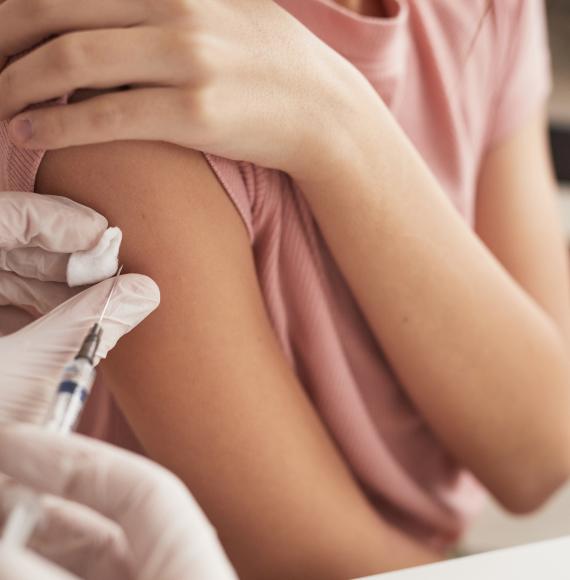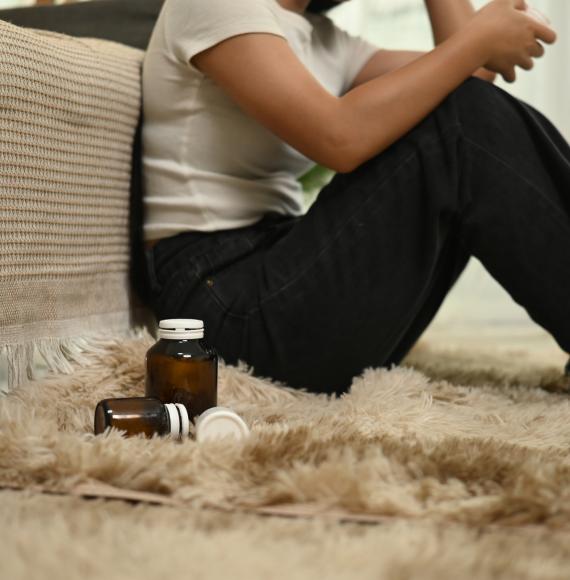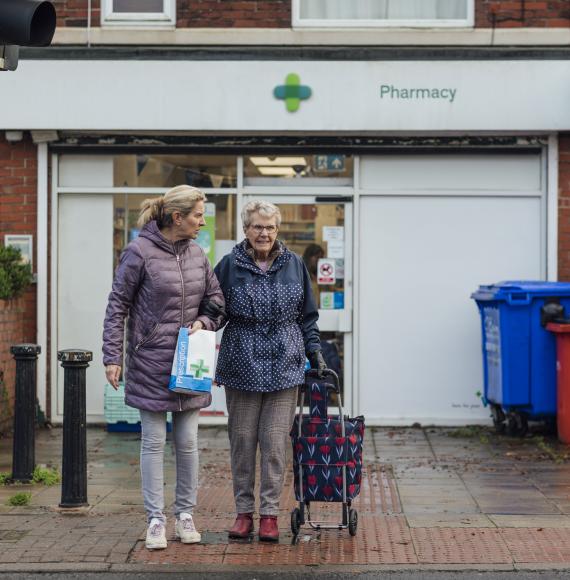Artificial intelligence (AI) technologies with the potential to dramatically improve patient care — from slashing bowel cancer test times from weeks to mere minutes, to enabling earlier detection of skin cancer and genetic eye diseases — are now undergoing trials in the second phase of the Medicines and Healthcare products Regulatory Agency’s (MHRA) AI Airlock programme.
Seven manufacturers have been selected to participate in this next stage, where their cutting-edge AI-powered healthcare tools will be tested in a controlled environment. This initiative aims to ensure these technologies are safe and effective, while also identifying any limitations and regulatory challenges associated with using AI as a medical device. The programme also explores viable pathways toward regulatory approval.
Insights gained from real-world testing through the Airlock will help shape future MHRA regulatory frameworks for AI. These findings will also inform recommendations to the MHRA’s National Commission into the Regulation of AI in Healthcare — a collaborative body comprising patient advocates, clinicians, regulators, and tech companies advising on AI governance in the health sector.
The selected innovations address key healthcare challenges, including AI-assisted clinical note-taking, advanced cancer diagnostics, eye disease screening, hospital discharge summaries, and blood test analysis. These tools are designed to support clinicians in making faster, better-informed decisions for patients.
Health Innovation Minister Zubir Ahmed stated:
“The AI revolution is here and we want our NHS staff to be the first in the queue, armed with rigorously tested and evidenced clinical AI tools.”
“The AI airlock programme is a great example of how we can test new innovations thoroughly while still moving at pace, as we seek to deliver on our promise to shift healthcare from analogue to digital.”
“Through our ten year health plan we will drive for the NHS to be the most AI-enabled healthcare system in the world.”
UK Science Minister, Lord Vallance, added:
“The AI Airlock programme is accelerating access to potentially life-saving tools, and backing manufacturers who are leading the renewal of our NHS. Putting AI to work in healthcare can boost economic growth by ensuring people aren’t prevented from working through poor health, while at the same time helping NHS staff work more effectively and supporting the UK’s world class life sciences sector.”
“From eye test results in minutes to much faster cancer detection, we are not only transforming what patient care looks like but reinforcing the UK’s status as a global leader in health technology and research.“
Lawrence Tallon, MHRA Chief Executive, commented:
“AI technologies offer important opportunities to transform healthcare, but they also create new regulatory complexities, due to the rapid pace at which they are evolving.”
“As the first country to create a dedicated regulatory environment, or ‘sandbox’, specifically for AI medical devices, we’re pioneering solutions to the unique challenges of regulating these emerging healthcare technologies.”
“The first phase of AI Airlock demonstrated the value of close collaboration between innovators and regulators. I look forward to seeing the results of this new cohort and how their technologies will shape the next generation of safe, effective AI tools in healthcare.”
Sir Andrew Goddard, Chairman of the AI Airlock Governance Board and Consultant Gastroenterologist at Royal Derby Hospital, said:
“AI holds enormous potential for the NHS to become faster and better at managing health and illness.”
“Keeping patients safe whilst allowing access to the most up to date innovations is a critical part of what the MHRA does, and I am really excited by the progress the AI Airlock is making in achieving this.”
“The results of the first year of the programme published today show what can be achieved with collaborative working between the MHRA and industry. The second phase partners have been selected with current challenges facing the NHS in mind.”
“Many clinicians, like myself, are keen to see AI find its place in the NHS but are worried by over-promise on results and lack of reassurance with regards to patient safety. This programme goes a long way to embedding safety and rapid development of these new technologies in our health service.”
Building on the success of its pilot phase, the second phase of the AI Airlock programme is supported by four newly published reports. These include a comprehensive programme report and three workshop summaries, offering a blueprint for how regulatory sandboxes can accelerate safe AI innovation and help realize the Government’s ambition for the NHS to become the world’s most AI-enabled healthcare system.
In collaboration with four pioneering companies — Philips, Newton’s Tree, OncoFlow, and Automedica Ltd — the programme has already identified several potential regulatory enhancements. These include better validation methods for synthetic data, improved explainability of AI decisions, and innovative strategies to address emerging risks such as AI hallucinations.
Image credit: iStock



















